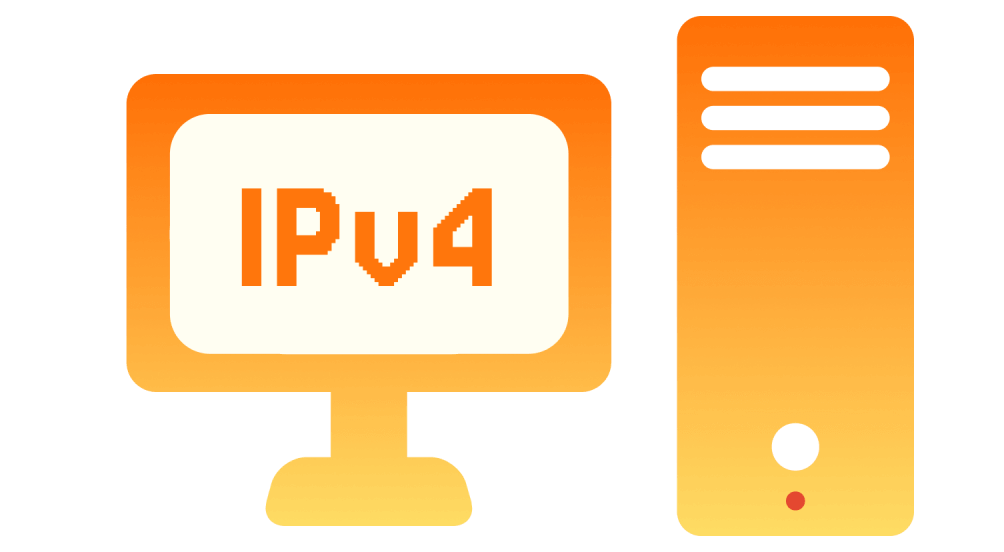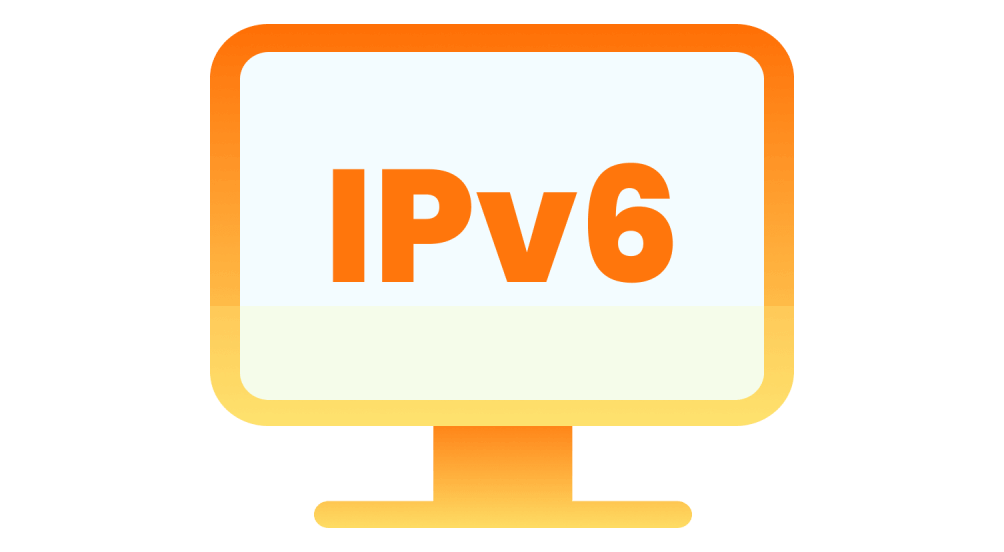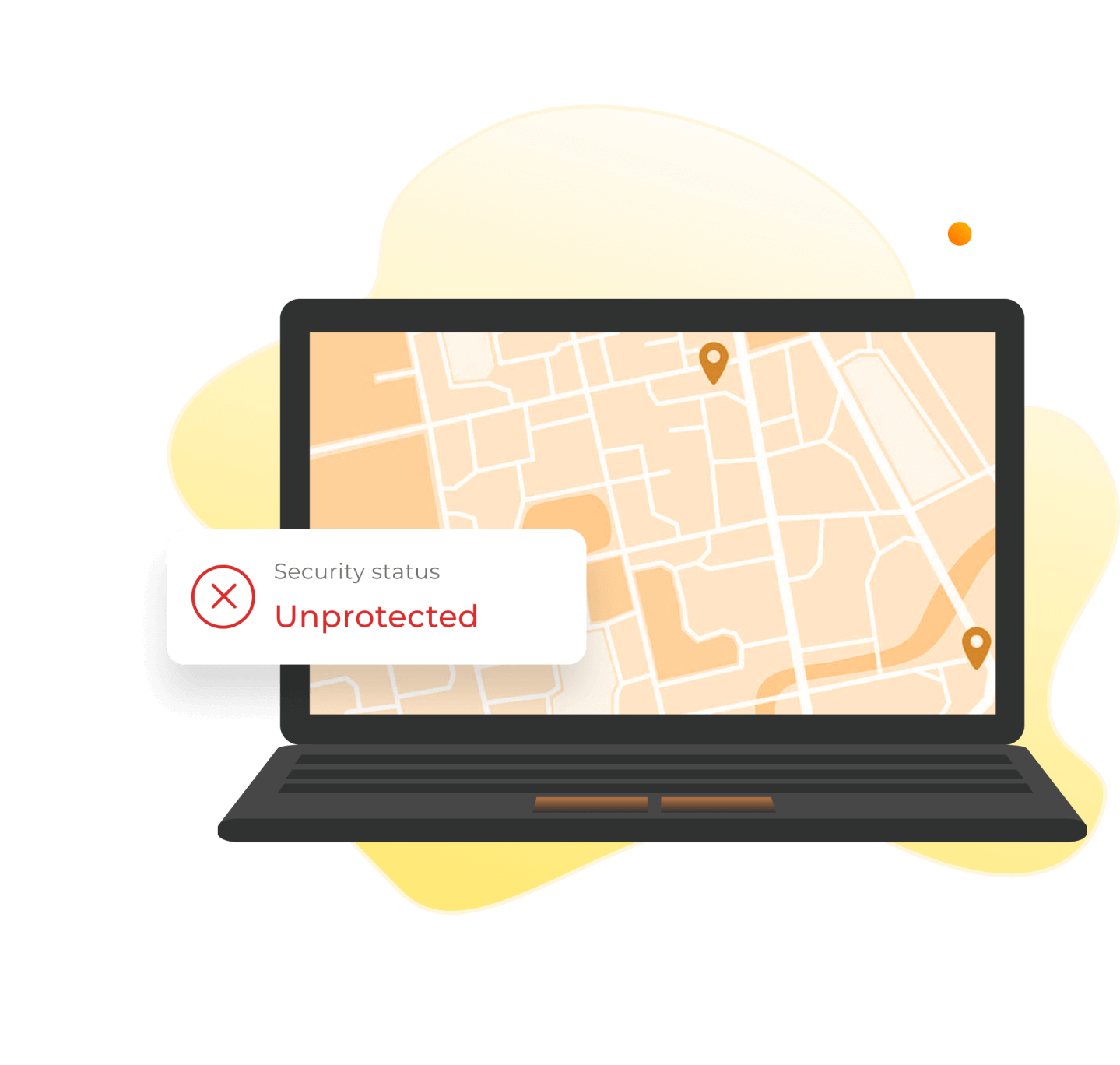An IP address (Internet Protocol address) is a unique numeric label assigned to your device by your Internet Service Provider (ISP). Much like a home address, it helps identify your device among billions on the internet. This makes it an essential component for online activities, whether you're browsing, streaming, or gaming.
When you enter a website address (e.g., example.com) into your browser, your computer doesn’t recognize words — it only understands numbers. The device then looks up the IP address of the website (example.com = 103.86.98.1), locates it on the web, and brings the site up on your screen. If you’re concerned about privacy, using a secure VPN can mask your real IP address, offering an additional layer of protection for your online activities.
What is an IP address?
Why You Should Consider Changing Your IP Address
Gaming, streaming, browsing — Whatever you do online, it stays hidden from third parties once you establish a VPN connection.
Enjoy comprehensive protection against online threats. Say goodbye to intrusive ads and trackers, while improving your online privacy and boosting your connection speed. With the best free VPN options, you can secure your data and enjoy smooth browsing without any interruptions.
Stay secure on public Wi-Fi networks. Whether you're using a VPN for iPhone or VPN for Android, your connection remains private. Protect all your devices with a fast VPN and ensure you're always safe, whether at home or on the move.
How to change your IP address and hide your location
It’s easy to change your IP address and keep your online privacy secure. All you need is a VPN (virtual private network).
With a VPN, you can switch your IP address and virtually relocate to a different country. A VPN works by routing your internet traffic through a secure VPN server, creating an encrypted tunnel so that no one—not even your ISP—can track your online activity.
Connecting to a VPN server makes it appear as though you are in the same location as the server. For instance, if you're in the U.S. but connect to a VPN for streaming servers in the UK, websites and apps will think you're browsing from the UK. Similarly, if you're in Canada and use a server in Australia, your online activity will appear as if you're in Australia.
Advantages of using a VPN:
1. Hide your real location and enjoy the benefits of privacy while browsing.Encrypt your internet data for better online privacy and anonymity.
2. Switch between virtual locations easily, allowing you to unblock websites or bypass restrictions like geo-blocking and censorship, perfect for those searching for the best free VPN for international access.
3. A VPN for iPhone or VPN for Android also offers the flexibility to stay secure on the go, whether you're using a fast free VPN or a secure VPN for gaming, torrenting, or other activities.
IPv4 vs. IPv6 addresses
An Internet Protocol (IP) address is a distinct number given to each device (like a computer, smartphone, or tablet) whenever it connects to the internet.

IPv4
Most ISPs still use IPv4, a system with 4.3 billion unique addresses, but it's quickly running out. As more devices connect, IPv6 becomes essential, offering nearly unlimited IPs. To maintain online privacy and protect your data, using a secure VPN during this transition is crucial.

IPv6
IPv6 addresses consist of 8 groups of 4 hexadecimal digits, separated by colons (e.g., 2400:BB40:1100::1). Zero groups are omitted for brevity. As IPv6 adoption grows, using a secure VPN enhances online privacy by masking your IP and encrypting traffic, providing a safer browsing experience.
Public vs. private IP addresses
Public IP addresses, also called external IPs, are provided by your internet service provider. They allow multiple devices on the same network to access the internet with a shared address. You can perform an IP lookup to reveal location details tied to this address. In contrast, private IPs are assigned by your router to each device on your local network. To ensure online privacy and protect your information, using a secure VPN can help mask your public IP, giving you more control over your data.
Public IP Address
Used for external communication over the internet
Assigned by an Internet Service Provider (ISP)
Globally unique to ensure distinct identification
Example: 8.8.8.8 (commonly used by Google DNS)
Functions as an identifier for devices on the public internet
Private IP Address
Used for internal communication within local networks (e.g., homes or offices)
Assigned by a local router or DHCP server
Not globally unique; reusable across different private networks
Example: 192.168.1.
Enables network segmentation to organize devices into subnets
